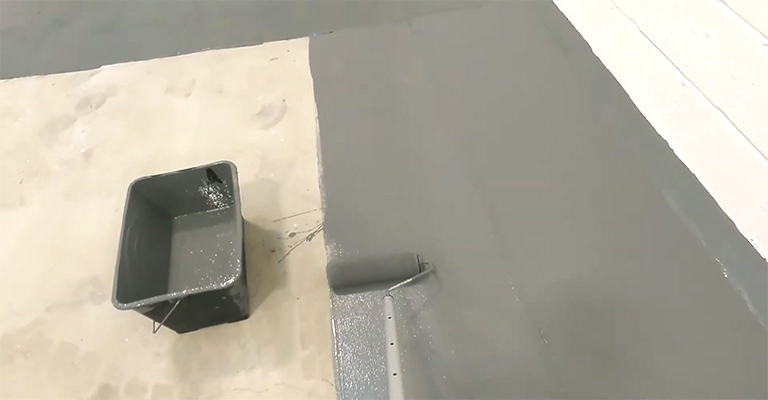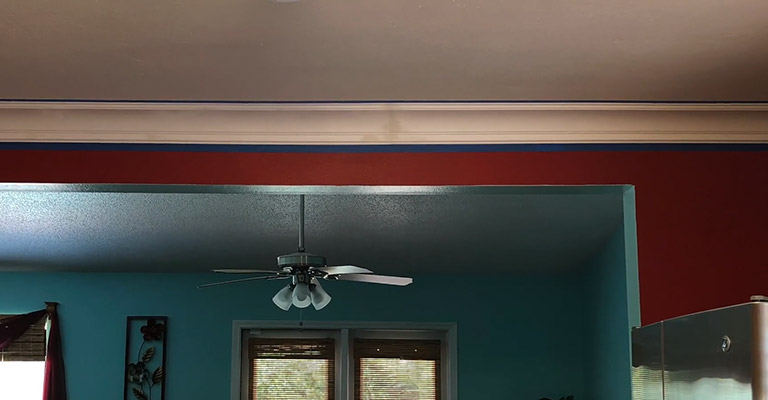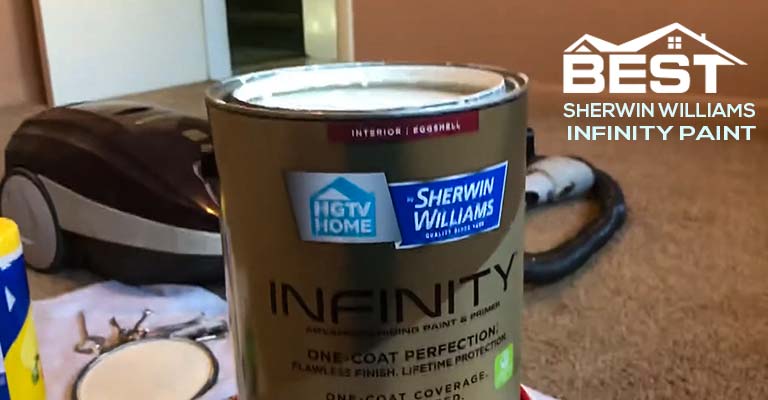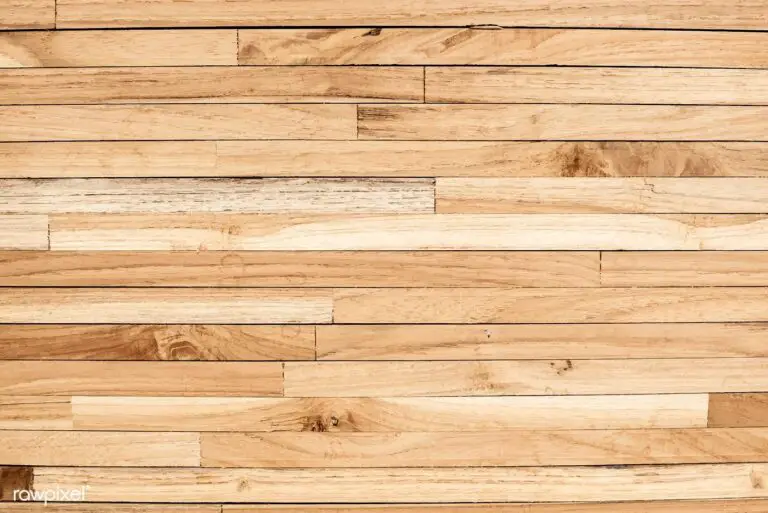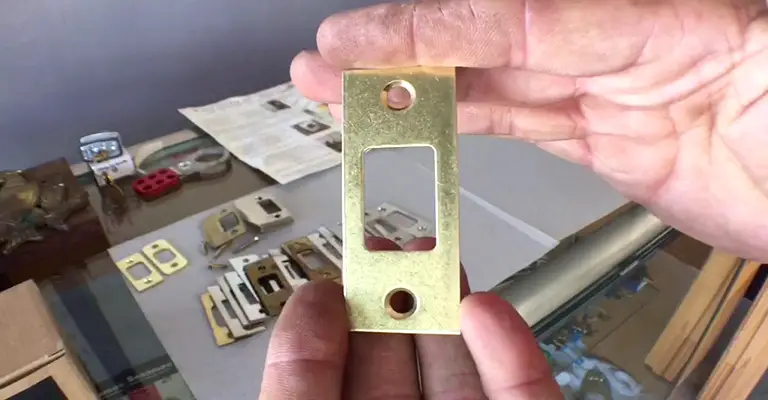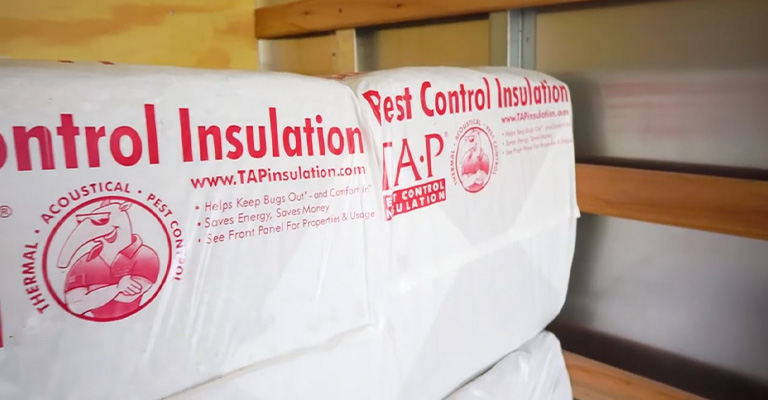Is It Okay To Cover Air Vents? Possible Consequences
Air vents are not just ventilation systems. They are meant to provide fresh air for the house. Covering them could cause major damage to your home and lead to safety issues. Be careful when you cover air vents with duct tape, plastic bags, or anything else that can damage the vent itself.
This can cause a buildup of harmful gases in your home, leading to serious health problems like carbon monoxide poisoning. When it comes to covering air vents, a few risks and dangers need to be taken into account. One such risk is the risk of suffocating yourself.
It is important to understand the different types of air vents and what happens when they are blocked in order for you to make a decision about whether it is reasonable or not to cover them up with something.
Is It Possible To Close Part Of My Air Vents?
It is never a good idea to close your air vents completely, but you may increase your energy savings by partially closing one or two outlets that are most distant from your furnace. Air still flows through partially closed vents, preventing overheating and adding pressure to ductwork.
Can I Close The Air Vents In One Part Of The House?
It does not improve airflow in other rooms when air vents in one area are closed. As a result, the other parts of your home are not heated or cooled, and the conditioned air is lost through duct leaks.
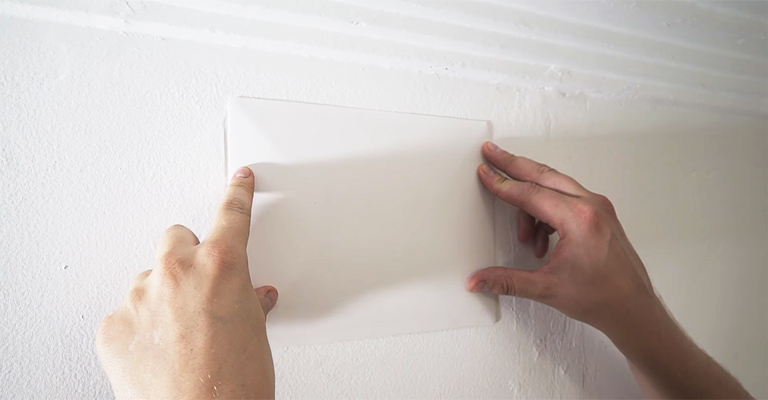
Rooms that are cold inside a hot house gain heat from the surrounding air. The law of thermodynamics dictates that heat is naturally drawn into colder areas from warm ones. Suppose one or more rooms in an otherwise warm house are left unheated.
In that case, this typically causes the heated areas to lose heat energy to the unheated rooms through poorly insulated interior walls.
To compensate for the heat loss, the furnace cycles on and off more frequently, increasing energy costs and reducing comfort indoors. What you thought would make your home more comfortable actually has the opposite effect.
What About Unused Rooms?
Maintaining a safe temperature inside a furnace requires a minimum amount of return airflow. Ventilating supply air in a room closes return airflow, overheating the heat exchanger.
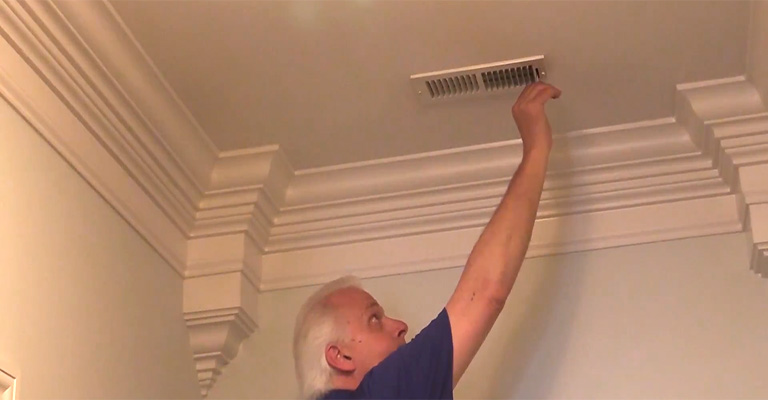
There is only one component that is more expensive than this. The presence of carbon monoxide (CO) in an infiltrated heat exchanger may even pose a safety hazard. Frozen coils cause damage to the compressor in cooling systems when vents are closed.
When you close air vents in heating and air conditioning equipment, you cause damage to system components, which results in greater repair costs and early equipment replacement.
Is It Possible To Save Energy By Closing Vents?
There is a common misconception that closing air vents can save energy, but this is not the case. In fact, closing vents can actually increase energy consumption and costs in a home.
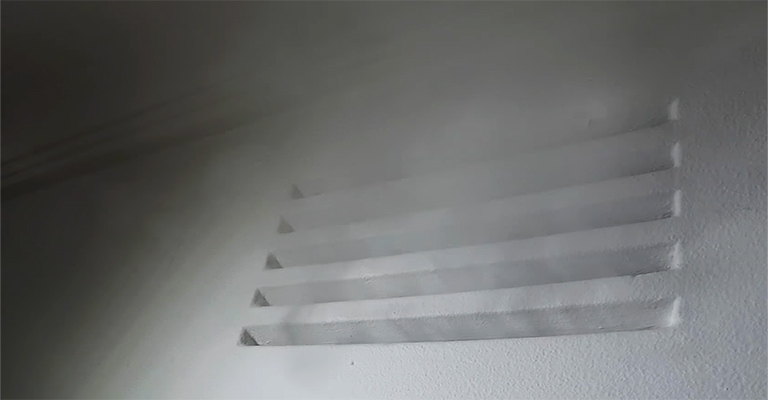
The size of your HVAC system determines how it heats the house, so it does not know there are closed vents in the house. Vents must work harder to heat the space they are designed for if they are closed. This causes your heating system to consume more energy.
Do Closing Vents Redirect Air?
You have vents throughout your house that let conditioned air from your heating, and air conditioning systems enter the room. Many people believe that closing a vent in one part of your house will redirect the airflow to another part of the house.
Closed vents, for example, remove hot or cold air from unused areas of the house and redirect it to areas that are being used. The air is redirected but not in your intended direction when you close vents.
Furthermore, closed registers cause air to back up into the ductwork, thereby increasing the pressure in the home. Duct leaks result from this pressure exerted on the ductwork. Through ductwork leaks, the air you were trying to redirect escapes into unconditioned spaces.
A closed supply vent causes an increase in air pressure inside the duct system, which forces more heated air outside of the house through leaks. As a result, the furnace runs longer cycles to compensate for lost heating and increase heating costs. You can install combustion air vents to allow exterior air to thoroughly circulate to the furnace to help the combustion process.
Why You Shouldn’t Cover Your Air Vents
Air vents are all around us, and they can be a source of air conditioning when needed. In some cases, they may also provide ventilation in the room. But you should never cover or block your air vents because it will restrict airflow into the room.
It Could Be A Waste Of Energy
The covering of your air vents might have seemed like a good idea, but it does the opposite. The damage could negatively affect your HVAC system, allowing air to escape your ducts and driving up your energy costs.
An Increase In Pressure
The HVAC equipment in your home has been set up for the square footage of your home. Air is pushed through your ventilation system at a constant volume but with increased pressure when you close air vents or block them with furniture.
This leads not only to higher energy bills and a shorter lifespan for your HVAC system but also results in frozen and cracked heat exchangers, frozen coils, and leaks in your ductwork. Your home is at risk of damage from those issues, which come with big repair costs.
Mildew And Mold Could Develop In Your Home
The growth of mold or mildew around your vents and air ducts can be encouraged by blocked air vents, particularly if you live in a humid area.
There Is A Risk Of Damaging The Heat Exchanger
The low airflow from your heat exchanger could crack if there is a buildup of pressure, causing it to crack and emit carbon monoxide.
There Is A Fire Risk
A blocked vent will most likely cause a fire as its obvious (and most dangerous) result. But how? The first point we mentioned is that when you overwork your furnace, you put it at high risk of catching fire.
There Is A Possibility Of Messing With The Airflow
Your HVAC system doesn’t know that you’ve covered a vent just because you do. As long as those vents are closed, you’ll keep pushing air to them, and a buildup of air pressure or inadequate airflow could damage your system.
What Are The Consequences Of Covering A Heating Vent?
A single heating vent can probably be covered. It is important to close the registers if the vent has airflow control before covering it. There will be less air flowing through the system overall, particularly the furnace because most of the air coming out of the register will have to go somewhere else.
The heat coming from every other register will be slightly higher. There will be a slight reduction in heat delivered by the furnace, so the heated air temperature will rise. The furnace will not deliver as much heat, and it will be slightly less efficient as a result of all these factors.
The temperature will rise through the furnace and to other vents if you do this to too many vents, and the furnace will be turned off to prevent a fire. It’s not something you should do.
Final Words
We all know that covering air vents can be dangerous. But what if the situation is more urgent and we need to cover the vents in order to avoid a gas leak? It is okay in these instances, but it’s still good to know how long the vent covers stay in place before they need to be replaced. In short, you should never cover air vents.
Understanding the impact of covering air vents is critical for maintaining the efficiency and safety of your heating and cooling equipment. Closing AC vents can lead to frozen air conditioning coils and compromise indoor air quality. It’s important to consider the effects on your entire heating and cooling system, as covering vents can cause an imbalance, redirecting airflow in unintended ways. Regular use of a carbon monoxide detector is recommended to monitor any harmful emissions from your air conditioner. Remember, while it might seem like a simple solution, covering vents can have complex consequences for your home’s environment and HVAC system.

